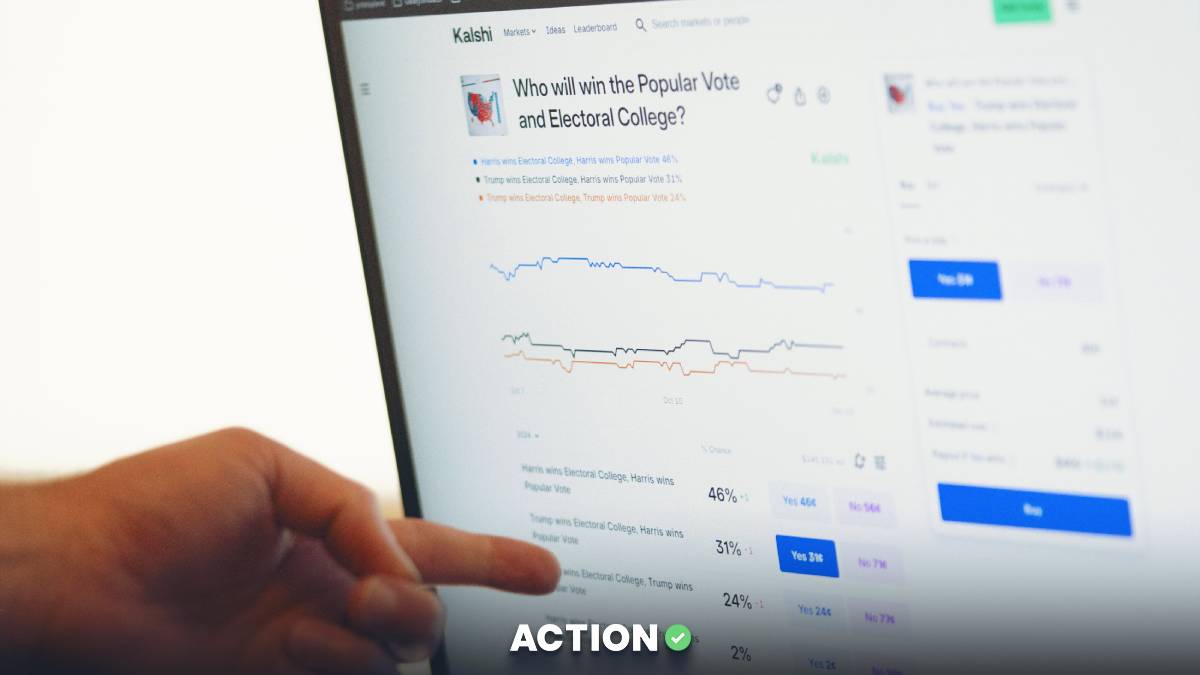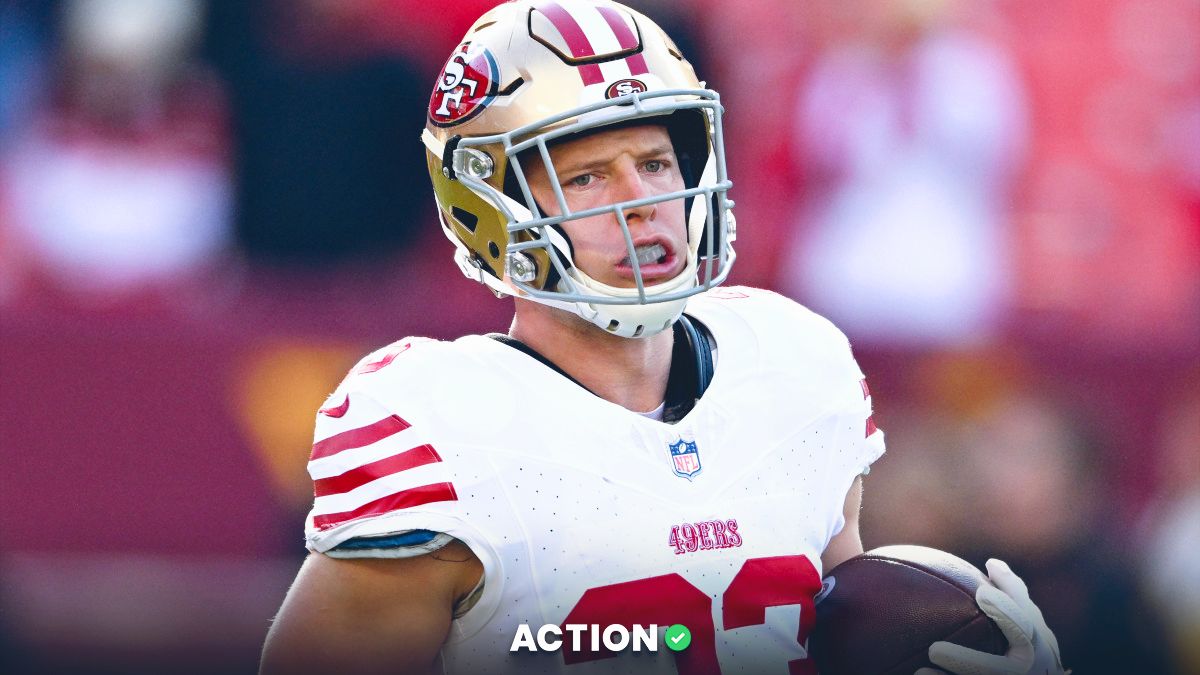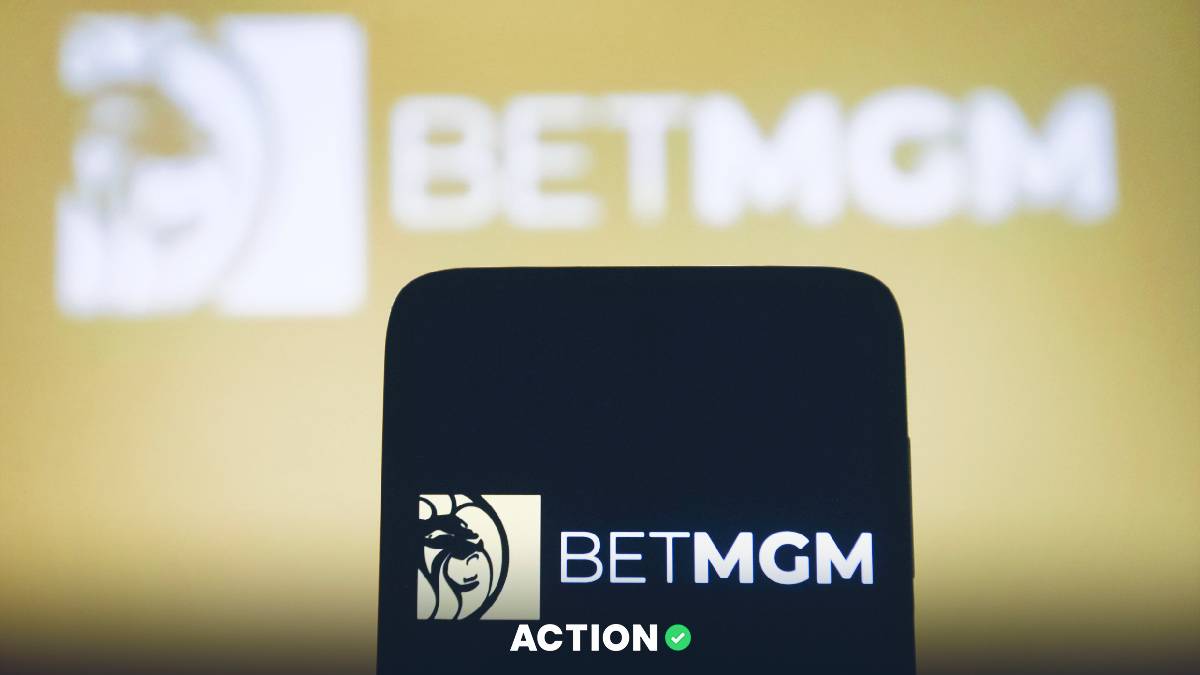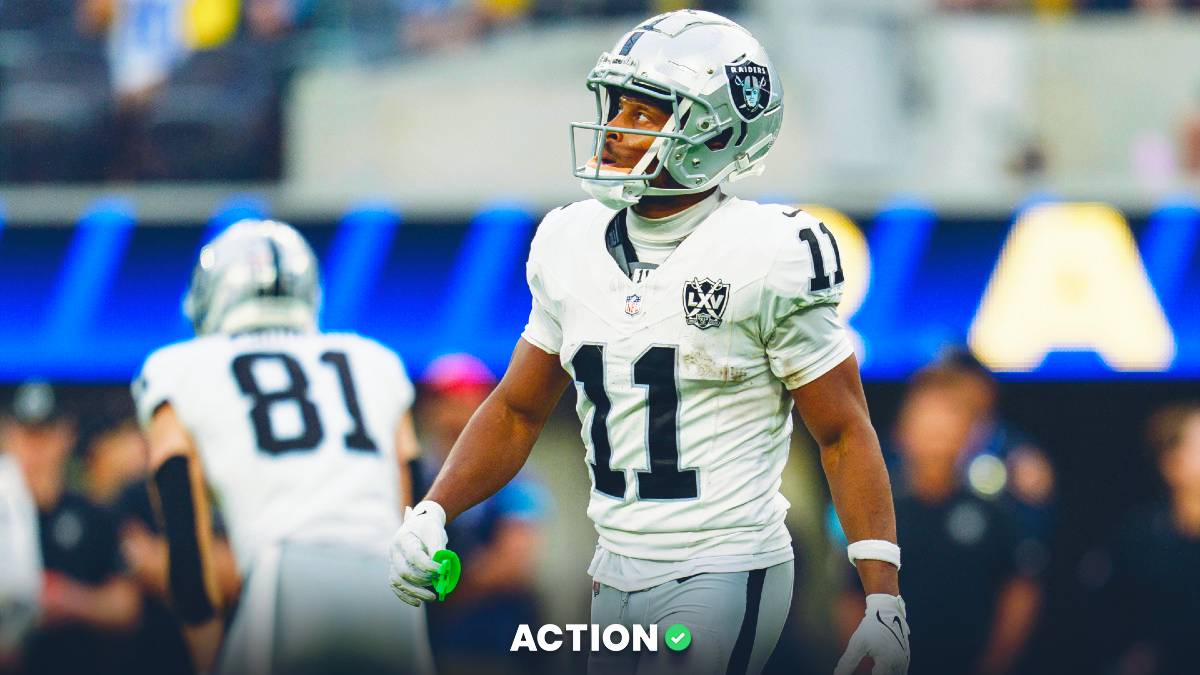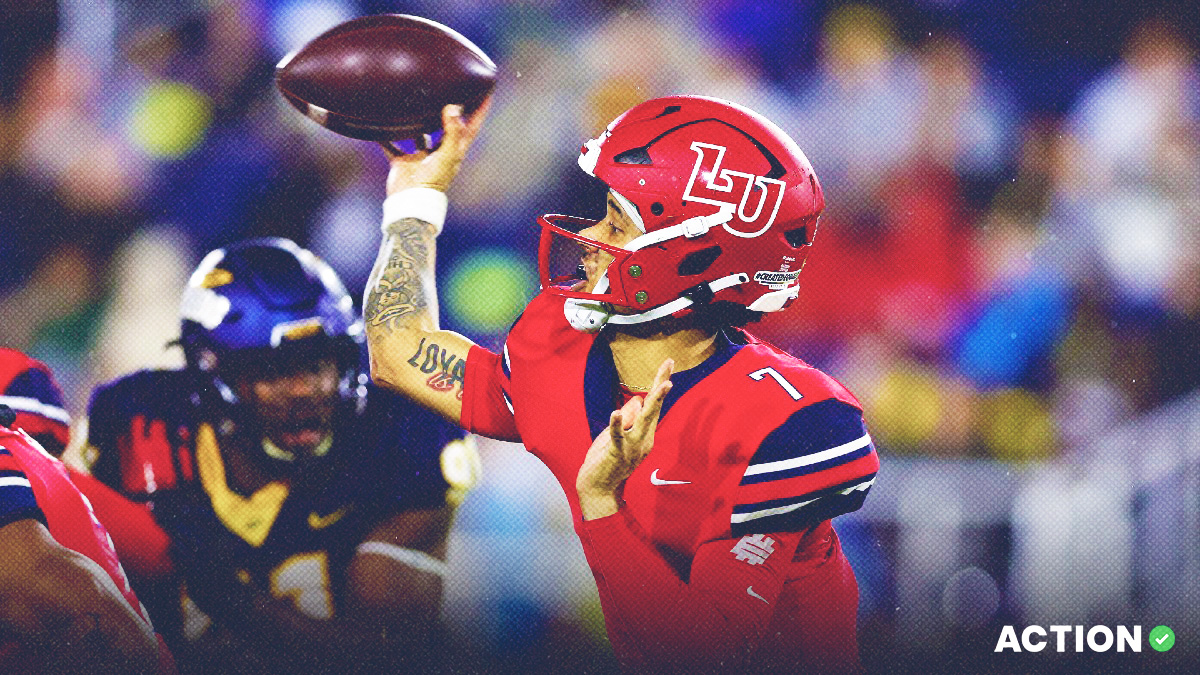In the current sports betting landscape, you could be convinced from reading X (formerly Twitter), that sports betting is easy and you have a great chance at winning money if you engage in the practice. But if recreational sports betting is to be a greater positive than it is negative, hammering in the idea to prospective and active bettors that the odds are stacked against you is key to success.
With the 2023-24 football season in the rearview mirror, gambling in the United States will mildly slow down through the summer, until the fall when college football and the NFL return.
Sportsbooks filled the football season with advertisements and promotional marketing. If you watched any sporting event, it's almost certain that you had to see a 30-second spot featuring a celebrity and a promise that you can win!
And that promise is true, kind of. You can indeed win when wagering on sports. It requires serious discipline, perhaps a bit of fortune and some skill. But, sportsbooks will do everything in their power to ensure you don't win.
Casino gambling is an entirely separate discussion – an even murkier one – but I'll save that for another day.
For now, I want to remind the sports betting community that you are competing with operators that want to see you lose. Responsible gaming is of paramount importance to the sports betting landscape, and understand this fact to the fullest extent is vital.
Sportsbooks Want You to Lose
Recreational American sportsbooks are becoming powerhouses of companies, particularly DraftKings and FanDuel. The former posted a $1.23 billion US net revenue in Q4 of 2023, while the latter came in at $1.42 billion.
In short, that revenue comes from bettors losing. Everything that sportsbooks do is aimed at the goal of extracting more money from customers. Each is a business being operated, and bettors represent the revenue.
Sign up bonuses, such as a bet or bonus granted upon signup, are not given out because a certain sportsbook is being kind. Similarly, profit boosts are not designed to help bettors win in the long term. The reality is quite the opposite.
Everything is a calculated effort to maximize long term profits.
PENN entertainment CEO Jay Snowden spoke in interviews following the company's earnings report, remarking that expenses were higher than anticipated due to the promotional expense endured.
NEW: PENN Entertainment reports a loss of $358.8M for 4Q 2023, which included the launch of ESPN BET.
President and CEO Jay Snowden said rebranding from Barstool "attracted significantly more first-time depositors than we anticipated, which drove higher than expected promotional…
— Steve Bittenbender (@BittGDCG) February 15, 2024
This was due to the company's recent acquisition, ESPN Bet, doling out promotional bonuses to first-time depositors. Snowden didn't see the expenses as a bad thing, but rather a good thing. You can infer that this is because a greater customer base can lose more money to ESPN Bet. In the long term, that will ensure that this promotional expense was worth it.
There is a reason why sportsbooks are trying to attract as many customers as possible, with precautions in place if bettors establish themselves as potential or likely long term winners. The biggest practice is called limiting.
What is Limiting?
While sportsbooks will strive to get as many people in the door as possible, they don't want every bettor as a customer. If DraftKings or FanDuel establishes that you are a likely long-term winner, for whatever reason, they can simply restrict your betting capabilities.
Let's say you are a smart college basketball bettor. When lines open, your models or information allows you to predict when a line is likely to move in a certain direction. By doing this, you can pick up something called "closing line value." In simple terms, if you consistently bet X team at -2 and by the time the game starts X team is -4, you are likely to be a long term winner. Sportsbooks do not like that.
If a sportsbook identifies this, they can limit you. While those around you may have the ability to bet thousands of dollars on a college basketball game, your account is only able to get as little as $0 on the game. Conversely, if the sportsbook identifies you as a long term losing college basketball bettor, they can increase your limits, giving you the ability to wager even more on the game.
This doesn't seem very responsible, but it's legal and common practice.
Can You Be a Long-Term Winning Sports Bettor?
Yes, there are a number of ways that "sharp" bettors can win long-term in sports betting, but a majority of the time it is not easy, as you face the challenge of limits and the general nature of the sports betting industry.
Whether you can expose an edge in a particular sport or simply have the discipline to tail sharp bettors over the long term, it's not impossible to win betting on sports.
That being said, it's important to remember that there are a number of disadvantages that bettors face, and the goal of sportsbooks is to earn revenue from you, the bettor.
For more on responsible gaming tips and education, you can refer to our responsible gaming hub, which is consistently updated with new educational content.



